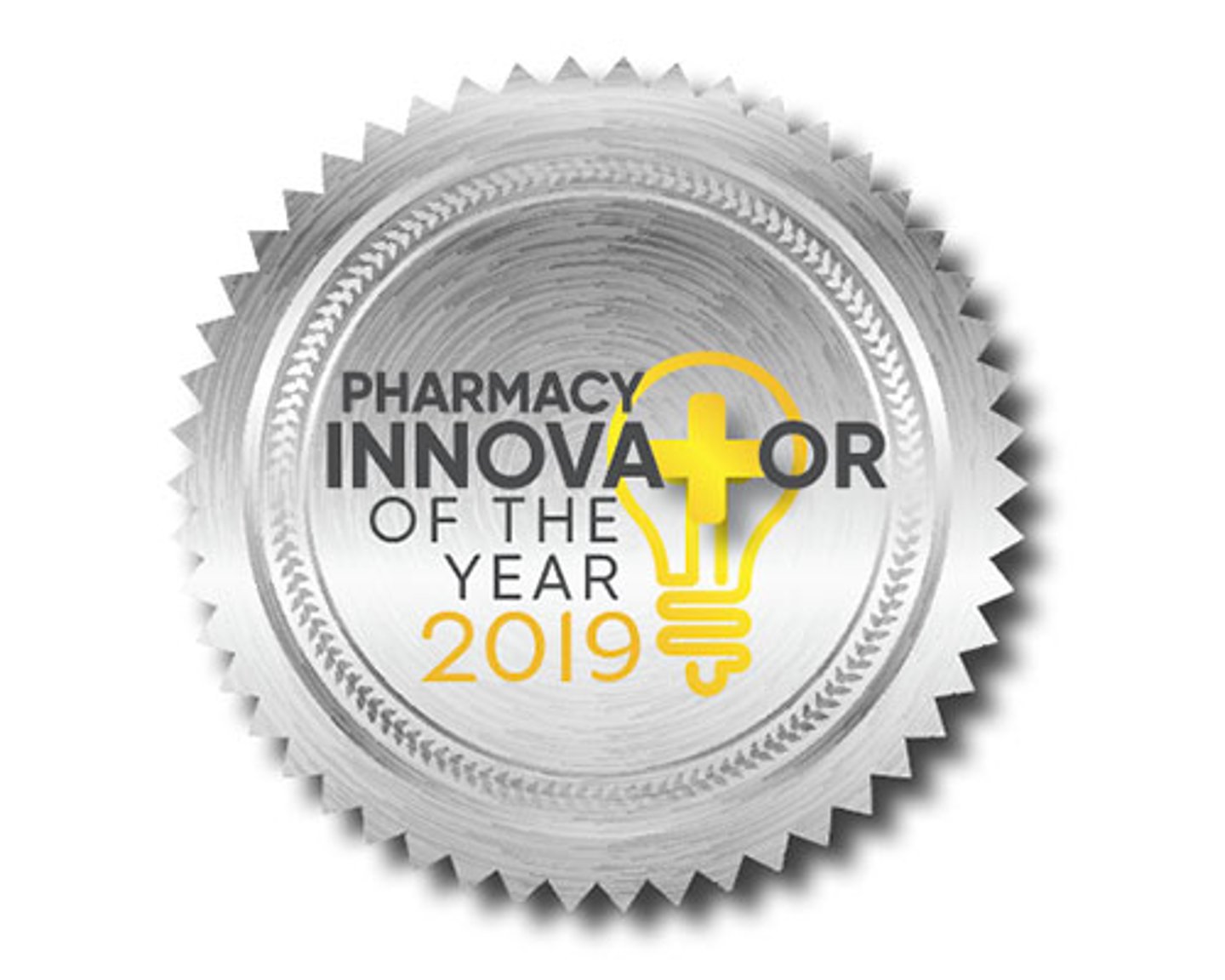Publix builds out differentiated specialty-at-retail offering
Publix delved into the specialty pharmacy space when it opened an outpatient pharmacy at the Moffitt Cancer Center in Tampa, Fla., in 2013. Through this venture, Publix gained insights into specialty pharmacy and the complex journey of specialty pharmacy patients.
At that time, the Lakeland, Fla.-based chain realized that many specialty patients walked into their retail pharmacies daily. In an effort to ensure these patients received the care they needed, Publix created a mini specialty call center at its central-fill operation in Orlando, Fla. It also created an indicator in its software system, alerting its pharmacists to call the center when a patient presented a prescription for a specialty drug.
“It really empowered the retail pharmacists to own that prescription, and to get the drug filled for the patient,” said Katie Petti, director of central and specialty pharmacy.
In October 2015, coinciding with the emergence of several hepatitis C medications, the call center was receiving a growing volume of calls from its pharmacists. Publix realized that it needed a more robust offering. With Petti at the helm, it created a closed-door specialty pharmacy in Orlando, and has since obtained licensures from 49 states and the District of Columbia, as well as Specialty Pharmacy accreditation from URAC and ACHC.
Publix strives to provide a seamless experience for all of its patients’ prescriptions needs. The comprehensive specialty pharmacy services, coupled with the retail footprint, help Publix differentiate itself from other specialty pharmacies, Petti said. Often, when a patient goes to a retail pharmacy with a specialty prescription, the pharmacist may not even recognize the medication because the drug is a limited-distribution product.
“The patient says, ‘Why can’t you help me?’ We put different edits in our system, so if someone comes in with a prescription that is limited distribution, the pharmacy is empowered to say, ‘I can help you,’” Petti said. “They can call us and we can take over, but for the patient, it’s still Publix taking care of them. The patient knows us. The prescription continuously lives with the Publix Pharmacy.”
Initially, patients get counseling from a Publix pharmacist, either face-to-face at retail or telephonically from the specialty pharmacy’s pharmacist or nurse.
“Because we are a closed-door facility, we also utilize our retail footprint and assist stores if they run into an issue with a specialty medication. They can reach out to us for support. We follow up with patients and reach out to tell them about our services,” said Julie Anne Lalicon, senior manager of specialty pharmacy, who has been a part of the specialty pharmacy team since 2015.
One of the critical services the specialty pharmacy provides is obtaining prior authorizations so that patients can start their therapies quickly. “The specialty pharmacy team provides true concierge service to the doctors’ offices,” Petti said. "They fill out forms and follow up on prior authorization requests. If the prior authorization gets denied, they help with appeals or recommend alternatives so there is no delay in therapy.”
The specialty pharmacy’s clinical assessments and onboarding of patients ensure that patients receive their medications as soon as possible. These capabilities also have helped Publix’s specialty pharmacy to gain access, from manufacturers to many limited-distribution drugs.
Because access to drugs does not always mean patients can afford them, Publix specialty pharmacy also connects patients with foundational support, which is crucial in helping patients afford expensive specialty medications. Even if an insurance company approves coverage for the drugs, co-pays can run well into the thousands of dollars, Petti said.
Dain Rusk, Publix vice president of pharmacy, said, “If you really want to say that you’re a health-and-wellness pharmacy destination, it’s important to ask, ‘How are you creating access for patients who need these drugs, which can cost as much as $20,000? Through heroic efforts, we are gaining foundational support and co-pay assistance from manufacturers for patients who say, ‘As much as I want to take the treatment to cure my diseases, I won’t be able to afford it.’”
Finally, with specialty drugs projected to be as much as 50% of all pharmacy spend in the next few years, Rusk said that a specialty pharmacy offering will become extremely important for
all companies.
“Having the ability to build out a closed-door specialty pharmacy has enabled us to gain access to limited-distribution drugs, as well as entry into specialty networks,” he said, “and without this facility, that would not have been a possibility.”


